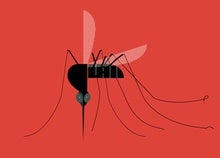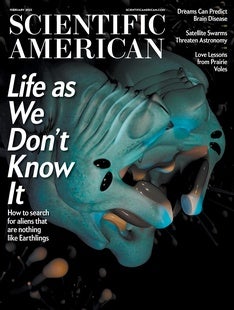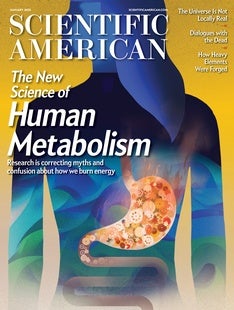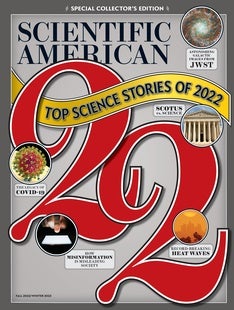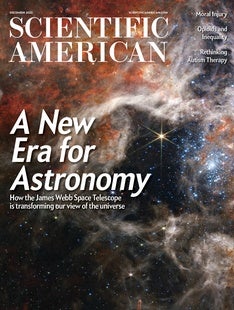 |
| January 17, 2023 |
Dear Reader,
Filmmaker Werner Herzog and philosopher Slavoj Žižek are engaged in a never-ending conversation—or at least, their AI avatars are. Computer scientist Giacomo Miceli built a website where the two distinctive voices exchange words written by artificial intelligence. The project is entertaining, but its purpose is not: Miceli hopes it will serve as a warning about the power of new deepfake and generative AI tools, and their ability "to drown us in an ocean of disinformation." Read more in this week's top story. |
| |
 |
| |
| |
| Climate Change Exxon's Own Models Predicted Global Warming--It Ignored Them Scientists working for the oil giant Exxon in the 1970s and 1980s estimated temperature increases with remarkable accuracy. Those findings could now be used as evidence in climate litigation | | By Chelsea Harvey,Lesley Clark,Benjamin Storrow,E&E News | | | |
| |
| |
| |
| Fossil Fuels U.S. Greenhouse Gas Emissions Went Up Again in 2022 Though renewable energy surpassed coal generation for the first time in 60 years, causing U.S. power emissions to decline, emissions from buildings and transportation went up in 2022 | | By Benjamin Storrow,E&E News | | | |
| |
| QUOTE OF THE DAY
 "When we are speaking together, I always have the feeling that we don't speak about ordinary reality but simultaneously we are speaking indirectly about something else." AI imitation of Slavoj Žižek | |
FROM THE ARCHIVE
 | | | |
LATEST ISSUES
 |
| |
| Questions? Comments?  | |
| Download the Scientific American App |
| |
| |






